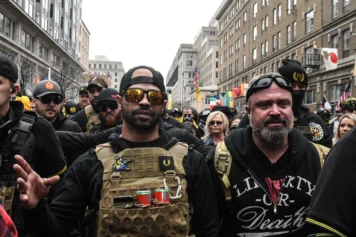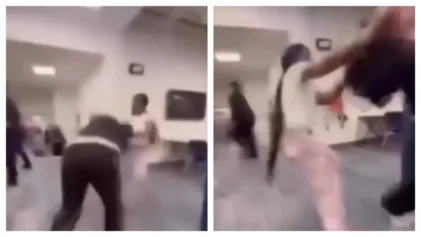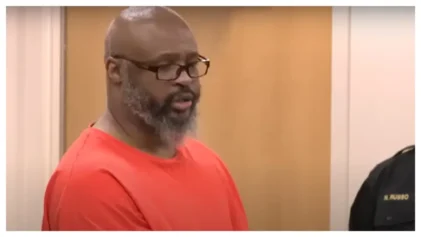
Bowser, an African-American city council member from northern Washington’s Ward 4, beat Gray with 44 percent of the primary vote to Gray’s 33 percent. The closer of the four remaining challengers was Tommy Wells, who won 13 percent.
Gray, 71, was hurt by late-breaking charges of corruption: Three weeks before the primary, businessman and campaign donor Jeff Thompson told prosecutors—in the midst of negotiating a plea bargain—that Gray knew that Thompson funneled more than $650,000 into his successful 2010 mayoral campaign and that Gray granted favors to Thompson’s company in exchange for the infusion of illicit cash.
The allegations clearly hurt: Gray had been comfortably leading this year’s primary before the charges went public. But since he first took office, the feds have been probing whether Gray knew about the scheme, according to Al Jazeera America.
As for Bowser—who says she was introduced to activism by her activist father—before she was elected to the council in 2007, she worked for the local government in suburban Montgomery County, Md., and served as an elected neighborhood commissioner.
According to published reports, her most significant accomplishment on the council was the creation of an independent ethics board to punish officials for violations—which already has found wrongdoing by three members of the 13-person council.
After her win, Bowser, 41, promised a “fresh start.” Post-election analysis shows her strongest support came from the city’s more affluent and whiter neighborhoods in the northwest—many newcomers to the city moving into previously Black neighborhoods. While Gray drew strong support from Black voters who live east of the Anacostia River in Wards 7 and 8, who felt Gray was directing resources to their often overlooked and impoverished neighborhoods.
Sheila Reid, a real estate broker from Ward 1, told Al Jazeera that longtime African-Americans residents like her had become an endangered species with the influx of new non-Black residents. She believed Gray was trying to address this by setting aside money for affordable housing and trying to ensure that all city residents were benefiting from the city’s economic boom—and had paid a price for that fealty to the Black community.
“African-Americans are being systemically run out of this city,” she said. “[Gray is] trying to pull people together and do an equitable job for everyone and as a result, he’s being criticized, primarily by whites.”
“The African-American community has seen so much of this — people accused and arrested of things irrespective of whether they did it or not,” she said. “He deserves the benefit of the doubt.”
But Mari Jackson, 51, a former Gray supporter from Ward 2 who had switched her allegiance to Bowser, said, “I feel like he’s a criminal. He’s lost my trust. I see all falsehoods.”
Shortly after midnight, in his concession speech, Gray said, “I want to thank everybody who’s supported us. I think the work we have done over the last three, four years has been nothing short of phenomenal.”
Though the winner of the Democratic mayoral primary has historically decided the mayoral race in the heavily Democratic city, Bowser will face off against credible challenger in the fall in fellow council member David Catania, a registered independent who has won citywide elections on the council.


